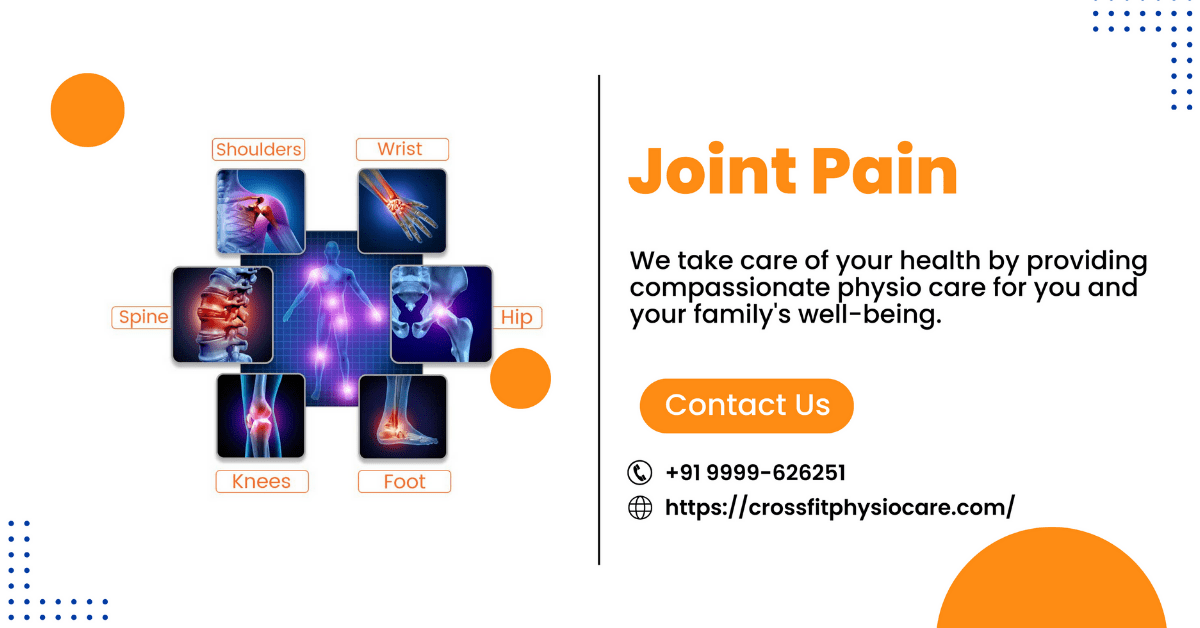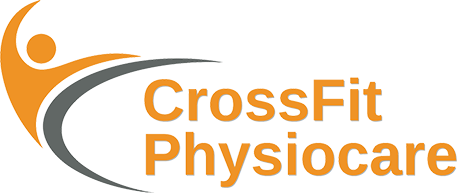
Joint Pain
Joint pain, also known as arthralgia, is a common symptom that can be caused by a variety of factors, including injuries, inflammation, degenerative conditions, and underlying medical conditions. Joint pain can range from mild discomfort to severe pain that affects daily activities. It can occur in any joint in the body, including the knees, hips, shoulders, wrists, and fingers.
Common Causes of Joint Pain:
Osteoarthritis: This is a degenerative joint disease where the cartilage that cushions the ends of bones in the joint wears down over time, leading to pain, stiffness, and reduced range of motion.
Rheumatoid Arthritis: An autoimmune condition where the body’s immune system attacks the joints, causing inflammation, pain, and joint damage.
Gout: A form of arthritis caused by the buildup of uric acid crystals in the joints, often resulting in sudden and severe joint pain, usually in the big toe.
Injury or Trauma: Sprains, strains, fractures, and other injuries can lead to joint pain and swelling.
Tendinitis: Inflammation of tendons (connective tissue that attaches muscles to bones) can cause pain in the affected joint.
Symptoms of Joint Pain:
Pain: Can range from a dull ache to sharp and intense pain.
Swelling: Joints may appear swollen and feel tender to the touch.
Stiffness: Limited range of motion and difficulty moving the joint.
Redness and Warmth: Inflammation may cause the skin over the joint to be red and warm to touch.
Weakness: Reduced strength and function in the affected joint.
Treatment and Management:
Rest: Giving the affected joint time to heal and avoiding overuse.
Pain Relievers: Over-the-counter pain relievers medicines can help manage pain and inflammation.
Cold or Heat Therapy: Applying ice or heat can provide relief, depending on the condition.
Physical Therapy: Targeted exercises can help improve joint mobility, strength, and stability.
Weight Management: Maintaining a healthy weight can reduce stress on weight-bearing joints.
Assistive Devices: Using braces, splints, or assistive devices can help support and protect the joint.
Medications: For autoimmune conditions, medications that modify the immune response may be prescribed.
Injections: Corticosteroid injections can provide temporary relief of joint inflammation.
If you’re experiencing persistent or worsening joint pain, it’s important to consult a healthcare provider for a proper diagnosis and appropriate treatment plan. A healthcare provider can determine the underlying cause of the pain and recommend a personalized treatment approach to help alleviate your symptoms and improve your joint health.
- Daani Plaza E-595-596, 4th Floor, Ramphal Chowk Rd, Block E, Sector 7 Dwarka, New Delhi - 110075
- +91 99996 26251
- support@crossfitphysiocare.com
How can we help you?
If you are looking for the best and nearest physiotherapist, then click below to message us on WhatsApp.
